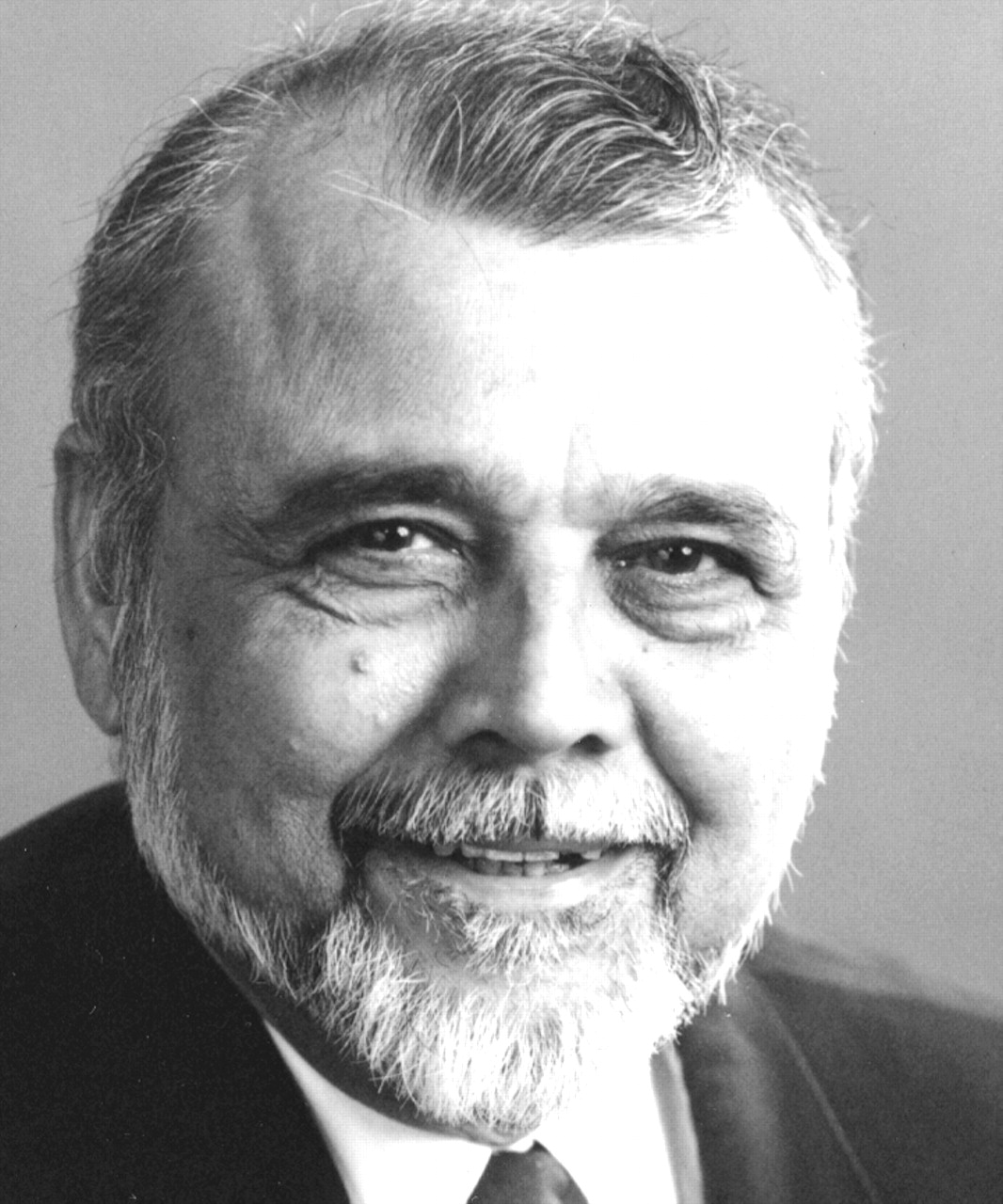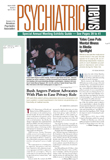Biographical Statement
Biographically speaking, not much has changed in my life this past year, except for my year as your recorder.
In my first responsibility I have communicated to all of you, in a timely manner, the proceedings of the Assembly and those of the Joint Reference Committee. As a first-time member of the JRC, I have strongly advocated on behalf of the Assembly. The first occasion for that was the issue of amendments to the APA Bylaws. The Assembly’s action asking that the amendments passed by the Board be ratified by the Assembly had to be argued forcefully. As you know, it went on the ballot to general members, failed on account of insufficient numbers voting, but otherwise received over 90 percent support. At its last meeting, the Board approved the Assembly’s request for a role in making amendments to the bylaws.
I also attended the Area Council meetings of all the APA Areas last fall. I came away not only with a better appreciation for the diversity of the Areas and the workings of the councils, but also for the breadth and depth of the discussion of issues. I have served on APA’s Commission on Public Policy, Litigation, and Advocacy and gained a better understanding of what legislative battles we must fight at the state level.
I continue in my position as chief of staff at the West Side Division of VA Chicago Health Care System and as professor of psychiatry and associate dean at the College of Medicine of the University of Illinois at Chicago.
I have applied my knowledge and understanding of the organized health care delivery systems and of the sociocultural issues to my work in the Assembly. I hope I have earned your support and deserve your vote as speaker-elect of the Assembly.
I will be honored to continue to serve you.
Candidacy Statement
A year ago, when I wrote in these pages asking for your support as recorder, little did I know what the coming year had in store for us. The events of 9/11 continue to reshape the world, our thinking, our safety and security concerns, and the well-being of millions around the globe. PTSD has become a household word, and psychiatry has received renewed public attention.
At APA the impact of 9/11 accentuated the problems of our fiscal integrity. Now we are in the middle of a major internal reorganization, forced on us to a great extent by pressures generated by a weakened economy. Independent of these catastrophic and tragic events, we have other problems. Membership losses continue to plague us, and we fail to fully appreciate the dynamic that leads to the loss of investment in the organization by those who choose to leave.
The Assembly is under pressure, as are other segments of APA, to conserve resources, and we must respond. I see the Assembly as having two major functions. The first is to represent all its district branches and the diversity of its membership. In this function, which has expanded over the last 15 years, we have brought within our fold MURs, MITs, ECPs, and, most recently, the allied organizations. I believe this expansion has greatly strengthened the Assembly and made it more representative. The other function is legislative, which has also been expanding. A special feature of the Assembly is the Area Councils, in which issues are first flushed out. I especially value the vitality that the Area Councils bring to our deliberations.
In an effort to conserve resources in the last few years, we have already reduced our expenses by close to a third and yet preserved most of our vital functions. I see that we have two major choices: reduction in the size of the Assembly or reduction in its functions. Given that we must make a choice, I prefer a smaller Assembly, that is, a reduction in size, in a way that maintains representation of each district branch and the other groups, and no reduction in its functions. In fact, I advocate a greater legislative role for the Assembly in the governance of APA. A different numerical formula may allow us to reduce our size. It may also present an opportunity to involve DB presidents-elect in a formal and a structured fashion. In the coming months I promise to work with each of you to help negotiate a resolution that leads to a more vibrant Assembly and, in the process, add efficiency and increase our efficacy.
I cherish the mission of our Association, which is to advocate for our patients and enhance the values of our profession. As I articulated last year, access to care is a central issue for patients and psychiatrists alike.
Excesses of managed care must be contained, and erosion of public funding for services must be stemmed. Nonphysician practice of medicine has highlighted problems of access in rural areas. We must renew our resolve to redress the difficulties and strengthen our legislative efforts at the state level. The bleeding of our membership must be stopped. We must search hard and look within to better respond to the needs of our members. While we exercise fiscal restraints, we must not lose sight of our objective.
The Assembly, as that part of APA that most truly represents the practicing psychiatrist, is being challenged as never before. I offer my leadership skills as speaker-elect to meet the challenge so that together we can create a more effective and more responsive APA. ▪

